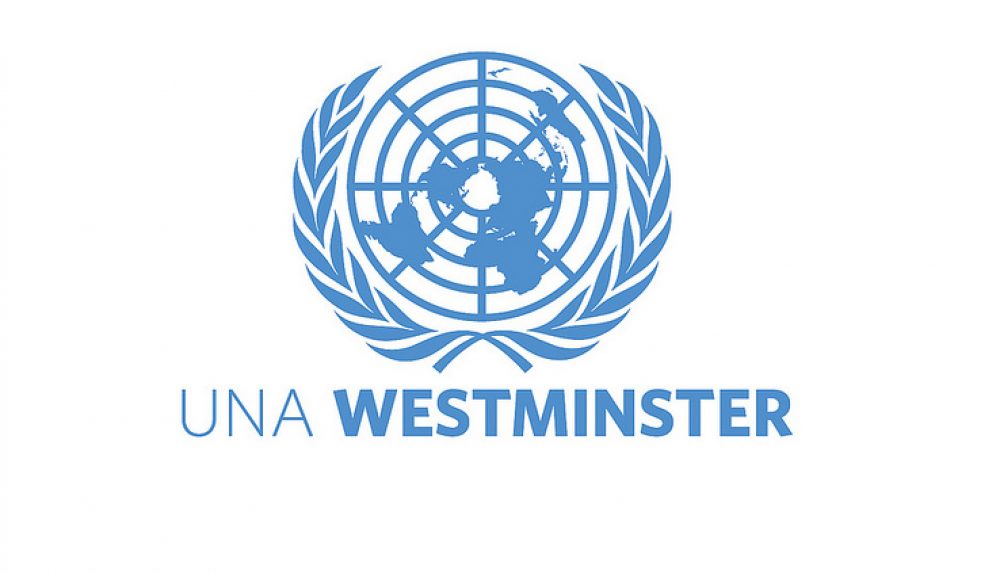Harry Wright (Co-Deputy Chair of UNA-WYP) is founder of The Conservation Project, a unique charity which aims to use collaborative ideas to ensure environmental conservation. Below are some testimonials from the project’s important staff, and why they believe their mission is so important.
“Do we really care so little about the earth on which we live that we don’t wish to protect its greatest wonder from the consequences of our own behaviour” Sir David Attenborough
Harry Wright: Lawyer and founder of The Conservation Project
For thousands of years the world’s oceans have held a special place in our imagination. Without them life would never have evolved.
Today some 4 billion years after they were formed, our oceans continue to dictate life on earth. They flow over nearly three quarters of our planet, hold 97% of the planets water, regulate the earth’s climate and weather systems and produce half of the oxygen in the atmosphere. Nearly 3 billion people rely on fish as a major source of protein and they generate economic benefits worth over $3.2 trillion annually.
Tragically this most precious of assets is under greater threat. As the human population exceeds 7 billion, our oceans are struggling to cope. We have lost 49% of our marine vertebrates since 1970, three quarters of the planets fish stocks are depleted and only 3.4% of the ocean is protected. At the current rate of decline we will lose the world’s entire coral reef systems by 2050 and there will be more plastic in the ocean than fish.
Our oceans are the most precious thing we have, by jeopardising the future of our oceans we are also putting our own future in balance.
Tom Rainey: Adventurer and Olympic Sailor
The Ocean to me is a living animal, the absolute mother of the world. She can change in an instance and swallow you up good and proper, but treated right and you’ll be blessed with the most soulful experience. I work and play in the seas of the world, rowing, sailing and surfing the salty waters filled with animals that continue to amaze us all. The connections I’ve made with the deep dwellers will stay with me for life, especially with those of the true seadogs– the grand old turtle. For me, what makes the ocean so special though, above all is that it’s the resting place for my dad. I know he’s out there taking on the waves like a true captain and I’ll continue to join him for the rest of my life. I just hope and pray that the world will appreciate how important and lucky we are to be blessed with such incredible oceans, and especially the mind blowing creatures that live within them.
Tom Young: Surf Photographer
The feeling I get when floating in the ocean, is like no other. It’s a constant reminder of how insignificant I am and how powerful Mother Nature is, a force not to be reckoned with. As a surf photographer, I’ve travelled extensively and documented hundreds of waves across the globe. This has been a real eye-opening experience. I’ve swam in some of the clearest waters in Tasmania and also dodged rubbish in some of the filthiest water I’ve ever seen in Indonesia. This is a sign of the times, a depressing reminder that we need to do more to protect our beautiful planet and prevent its rapid decline before it’s too late.
Abi Croker: Ecology and Conservation student
The ocean, that seemingly infinitely bountiful, ever awe inspiring blue, covers more than 70% of the earth’s surface. Yet despite the enormous benefits that the ocean brings to us, we ignore the ever increasing issues that are affecting a very large number of the earth’s species.
Coral reefs support approximately 25% of all marine life yet only cover less than 1% of the ocean floor leading to many believing that they are the most biodiverse biome in the world. These magical reef systems have survived for thousands of years but cannot sustain the current rates of climate change. Scientists have recently predicted that a quarter of the world’s coral reefs have been ‘damaged beyond repair’ due to an unprecedented increase in anthropogenic impacts. Staggeringly, 93% of the entire Great Barrier Reef is now severely damaged through coral bleaching.
In the future there is the potential that we will lose one of the most diverse biomes on the planet. This needs to be stopped through people getting involved in marine conservation and educating others on how they can live more sustainably.
Together we can all help make a difference, before it’s too late.
If you would like to help or learn more visit The Conservation Project today or join their Facebook page
You can also follow Tom Young on Facebook to view some more amazing shots.




